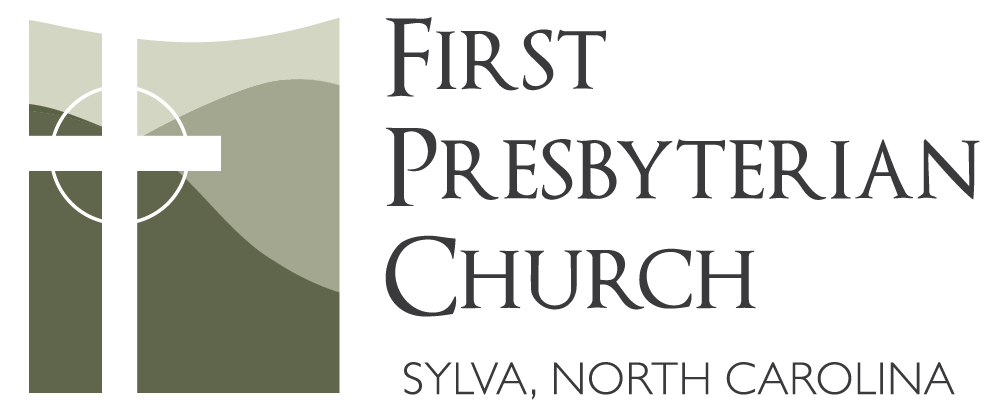““Do not let your hearts be troubled. You believe in God; believe also in me. My Father’s house has many rooms; if that were not so, would I have told you that I am going there to prepare a place for you? And if I go and prepare a place for you, I will come back and take you to be with me that you also may be where I am. You know the way to the place where I am going.”
Thomas said to him, “Lord, we don’t know where you are going, so how can we know the way?”
Jesus answered, “I am the way and the truth and the life. No one comes to the Father except through me. If you really know me, you will know my Father as well. From now on, you do know him and have seen him.””
Today we turned to the "Farewell Discourse" in John's Gospel (chapters 14-17). It begins with Jesus giving his disciples a word of assurance, a challenge of allegiance, and a call to adventure. Take a look at these other resources that complement the sermon.
- Blake
““Are you not thirsty?” said the Lion.
”I am dying of thirst,” said Jill.
”Then drink,” said the Lion.
”May I — could I — would you mind going away while I do?” said Jill.
The Lion answered this only by a look and a very low growl. And as Jill gazed at its motionless bulk, she realized that she might as well have asked the whole mountain to move aside for her convenience. The delicious rippling noise of the stream was driving her nearly frantic.
”Will you promise not to — do anything to me, if I do come?” said Jill.
”I make no promise,” said the Lion.
Jill was so thirsty now that, without noticing it, she had come a step nearer.
”Do you eat girls?” she said.
”I have swallowed up girls and boys, women and men, kings and emperors, cities and realms,” said the Lion. It didn’t say this as if it were boasting, nor as if it were sorry, nor as if it were angry. It just said it.
”I daren’t come and drink,” said Jill.
”Then you will die of thirst,” said the Lion.
”Oh dear!” said Jill, coming another step nearer. “I suppose I must go and look for another stream then.”
”There is no other stream,” said the Lion.””
“It has become customary to classify views on the relation of Christianity to the world religions as either pluralist, exclusivist, or inclusivist … [My] position is exclusivist in the sense that it affirms the unique truth of the revelation in Jesus Christ, but it is not exclusivist in the sense of denying the possibility of the salvation of the non-Christian. It is inclusivist in the sense that it refuses to limit the saving grace of God to the members of the Christian church, but it rejects the inclusivism which regards the non-Christian religions as vehicles of salvation. It is pluralist in the sense of acknowledging the gracious work of God in the lives of all human beings, but it rejects a pluralism which denies the uniqueness and decisiveness of what God has done in Jesus Christ.”
“The way of Jesus cannot be imposed or mapped — it requires an active participation in following Jesus as he leads us through sometimes strange and unfamiliar territory, in circumstances that become clear only in the hesitations and questionings, in the pauses and reflections where we engage in prayerful conversation with one another and with him.”


